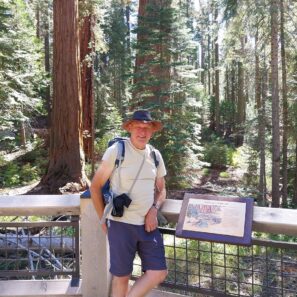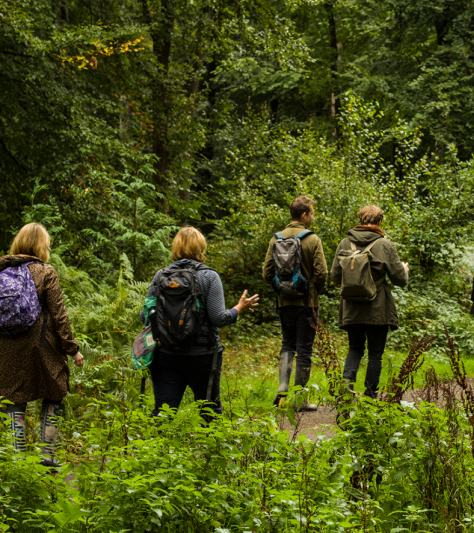Randle Travel Bursary
Through the generosity of the Trustees of the Donald Randle Trust, this bursary supports members to travel overseas to enhance their forestry knowledge.
Criteria
Applicants must either be a individual or student member of the RFS or work for an a RFS corporate member.
The Randle Travel Fund bursary will provide up to £1200 to cover part or all of the subsistence and travel costs when taking part in trips abroad organised specifically to enhance your forestry knowledge.
It is a condition of the Randle Travel Bursary Fund that each recipient must submit a written report (1500-2000 words) to RFS within three months of completion of the project. The report will be considered for publication in the Quarterly Journal of Forestry.
90% of the payment will be made in advance. The remaining 10% will be paid on receipt of the written report.
Projects should be completed within 12 months of a bursary being awarded. Applicants are encouraged to consider lower carbon forms of transport when planning their travel.
All applications will be treated with strictest confidence. A committee will be appointed by RFS to review all applications. No other information will be used to assess each application. Successful bursary recipients will be notified after the closing date.
Closing date 31st January
Randle Travel Bursary Recipient 2025

Chris Reynolds
RFS Randle Travel Bursary Recipient 2025
‘A forest for 39 years has not dampened my love of trees and understanding forest complexities or what stories a single garden tree can offer.
As a species silviculturist at Forest Research, I follow in the footsteps of legends like Alan Mitchell and continue their work on hunting new forestry species. Old trials offer invaluable insights, but they are historical and with climate change and new pest and diseases we must look forward.
The web and books offer unlimited information, assisting, sometimes hindering the search for new trial trees. There is a long list of potential candidates for further research and to narrow this down there is no substitute to studying a species growing in their natural habitat. One Genera of particular interest are Quercus (oaks).
The International Oak Society (IOS) lists 588 accepted species excluding sub-species, varieties, and hybrids (total of a 1000+). Geographically Mexico is the most diverse with around 160 species. It is increasingly difficult, expensive, and even hazardous to visit many countries and the best way to do this is as part of a group. The IOS is holding its 11th Conference in Oaxaca, Mexico between the 28th September and 14th October which includes tours.
This is a fantastic opportunity to study oaks with knowledgeable experts (Querciphiles) alongside seeing them in the natural forests. To be able to join this meeting I applied for and was successful (and pleasantly surprised) in obtaining the RFS Randle Travel Bursary. I am very much looking forward to reporting back on what I achieve.’

